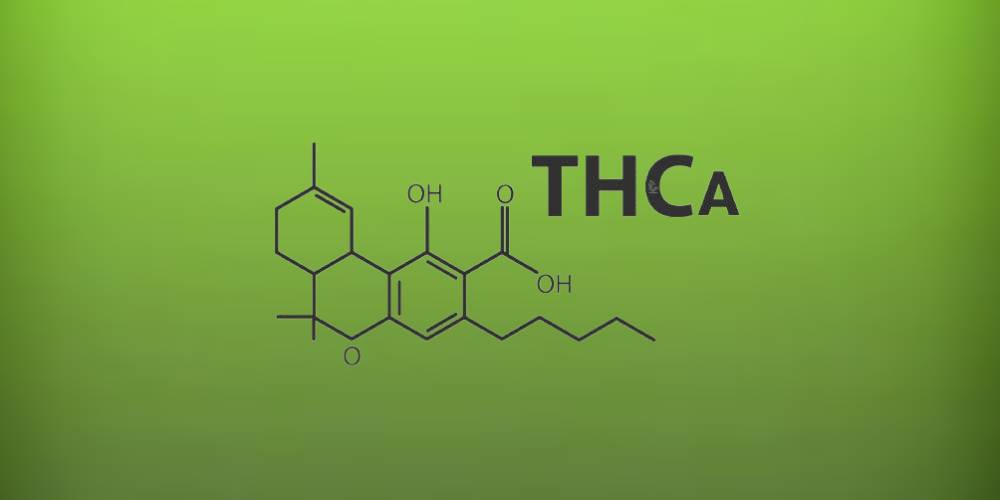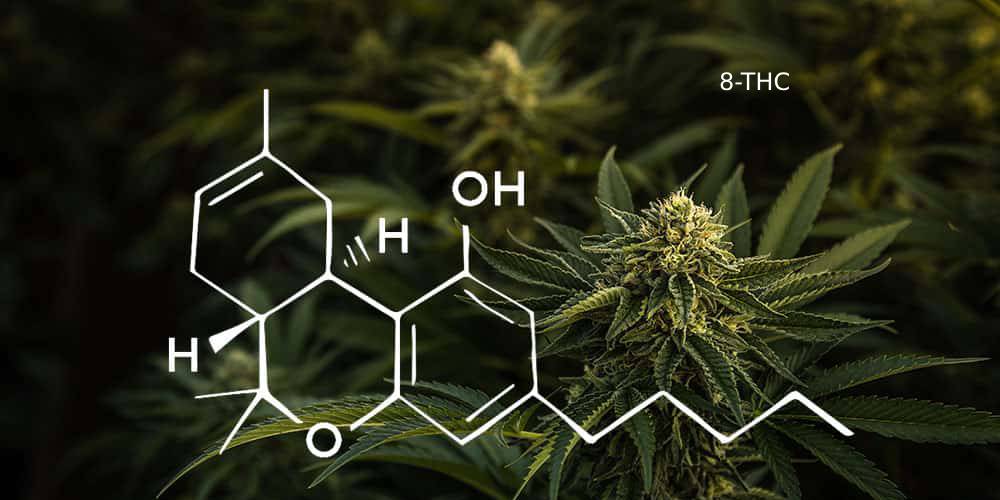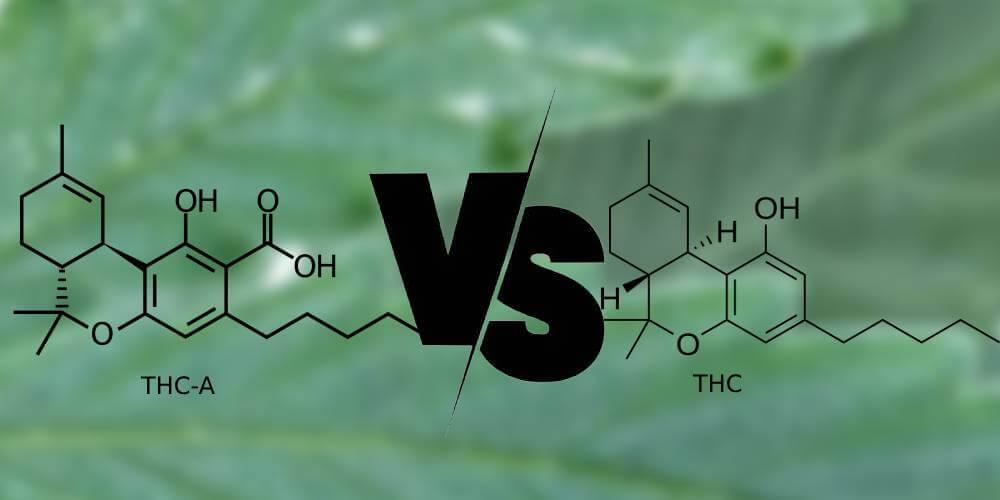Yes, THCA is legal since it is a hemp-derived cannabinoid. But, as with anything related to cannabis and its derivatives, there's a bit more to the story. Let's dive into the fascinating world of hemp-derived cannabinoids, particularly THCA, to understand not just its legality but also its uses, benefits, and the nuances that make the cannabis legal landscape such a vibrant tapestry to navigate.
Understanding THCA
Before we delve into legality, let's clarify what THCA is. THCA stands for Tetrahydrocannabinolic acid. It's a precursor to THC, the compound in cannabis that gets you "high." However, THCA in its raw form doesn't produce psychoactive effects. It only becomes THC through decarboxylation, which typically occurs when cannabis is heated during smoking, vaping, or cooking.
The Legality of Hemp-Derived Cannabinoids
In the United States, the Farm Bill of 2018 was a game-changer for the cannabis industry. It legalized hemp by removing it from the list of controlled substances, defining it as the cannabis plant with a delta-9 THC concentration of not more than 0.3 percent on a dry weight basis. This definition opened the door for the legal production, sale, and use of hemp and its derivatives, including cannabinoids like CBD, CBG, and yes, THCA.
So, where does THCA fit into this legal framework? Since THCA is derived from hemp that meets the 0.3 percent THC threshold, it's considered legal at the federal level. However, the complexity arises with state laws, which can vary significantly. Most states have aligned their laws with the Farm Bill, making hemp-derived cannabinoids legal, but it's essential to check your local regulations.
The Role of THCA in the Market
The legal status of THCA has led to the emergence of products that capitalize on its non-psychoactive properties. These products offer the potential benefits of cannabis without the high associated with THC. One such product that has captured the attention of many is "what is THCA flower?" This refers to the raw or lightly processed hemp flower rich in THCA, which can be used similarly to traditional cannabis flower but without the legal and psychoactive baggage of THC.
Moreover, the cannabis market is ever-evolving, with brands like "Space Gods Super Nova" pushing the boundaries of what's possible with hemp-derived products. These products are not just about offering a legal alternative to THC but also about exploring the vast potential of cannabis's lesser-known compounds

.
Navigating the Legal Landscape
While the federal legality of THCA presents a clear opportunity, the state-by-state variations add a layer of complexity for consumers and businesses alike. It's crucial to stay informed about the local laws in your area or any area you plan to visit or do business in. The cannabis legal landscape is continually evolving, and what's legal today may not be tomorrow, and vice versa.
Moreover, for those interested in exploring hemp-derived cannabinoids like THCA, due diligence is key. This involves not just understanding the legal status but also the quality and sourcing of products. With the market's rapid growth, ensuring you're consuming safe, lab-tested products from reputable sources is paramount.
Conclusion
The question of THCA's legality opens a window into the broader conversation about hemp-derived cannabinoids. Yes, THCA is legal at the federal level, thanks to its derivation from legally defined hemp. However, the cannabis world is anything but static. As research unfolds and legal landscapes shift, the place of THCA and other cannabinoids will likely continue to evolve.
For enthusiasts, consumers, and entrepreneurs, this is a realm ripe with opportunity but navigated best with knowledge and caution. Whether you're exploring the therapeutic potential of "what is THCA flower?" or marveling at innovations like "Space Gods Super Nova," the key is to stay informed, stay legal, and, most importantly, stay safe. Welcome to the ever-expanding universe of hemp-derived cannabinoids, where legality, science, and wellness intersect in fascinating ways.



